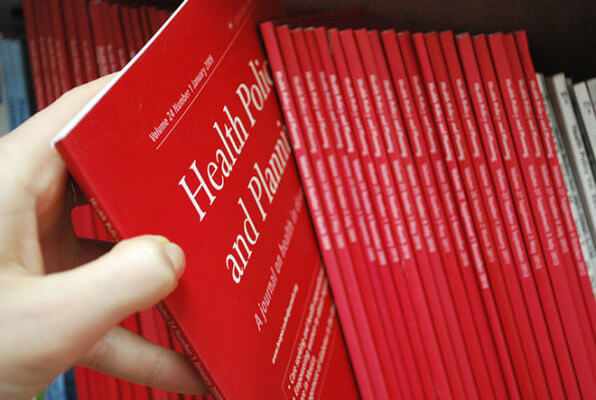Rapid Assessment of Pharmaceutical Sector in Uzbekistan project was funded by The World Bank and implemented by Curatio International Foundation in partnership with Credes (France). The project commenced in 2003.
The main objective of the project was to perform a rapid assessment designed to gather information on different issues like drug policy and regulation, strategic framework, product selection, forecasting methods, procurement mechanisms, quality assurance, storage, transport, and reporting. Other issues studied were the structures of public and private distribution systems, the types and values of drugs flowing through, and the availability of essential drugs.
The Rapid Assessment covered the following major tasks:
Review the relevance of several rapid assessment tools that are available (through WHO, John Snow Inc, Management for Sciences for Health, and Boston University);
Adapt the tools for Uzbekistan;
Gather data using several defined methodologies, such as in-depth interviews, focus groups, record review, flow-charting;
Compile and triangulate the data and seek clarifications where data shows conflicting results;
Compile a report providing a review of each of the supply chain functions, their strengths and weaknesses;
For a sample of drugs, collect data on the base price for drugs manufactured or imported into Uzbekistan, other additional costs such as duties, clearing charges, taxes, storage fees, and transport costs, markups, dispensing fees for drugs that pass through the public and commercial and semi-private systems;
Conduct a literature review of both published and gray materials on pharmaceuticals and Uzbekistan;
Present findings in a stakeholder workshop.
In order to obtain the most precise picture of the sector, the following activities were conducted:
Meetings with the MoH, Pharmacology Committee and CPIB to clarify the objective of the assignment and the organization of the mission;
Preparation and definition of a methodology for rapid assessment and development of approach for completion of study;
Meetings and discussions with key partners, stakeholders and policy-makers.
Assessment design was performed considering the following steps:
Define the method of interview and rapid appraisal techniques (in-depth interviews, record
review);
Identify and select the geographic sites to be visited and the major stakeholders to be met;
List the major topics to focus on;
Organize the teamwork and review the activities schedule;
Sample the drugs for the prices analysis.
 This study documented that after 3 years of the MIP implementation the program successfully managed to reduce financial access barriers for the MIP covered individuals by delivering greater financial benefits to the poorest. Although the MIP did not facilitate growth in health care utilization for all beneficiaries, positive trends were observed among capital city residents.
This study documented that after 3 years of the MIP implementation the program successfully managed to reduce financial access barriers for the MIP covered individuals by delivering greater financial benefits to the poorest. Although the MIP did not facilitate growth in health care utilization for all beneficiaries, positive trends were observed among capital city residents.